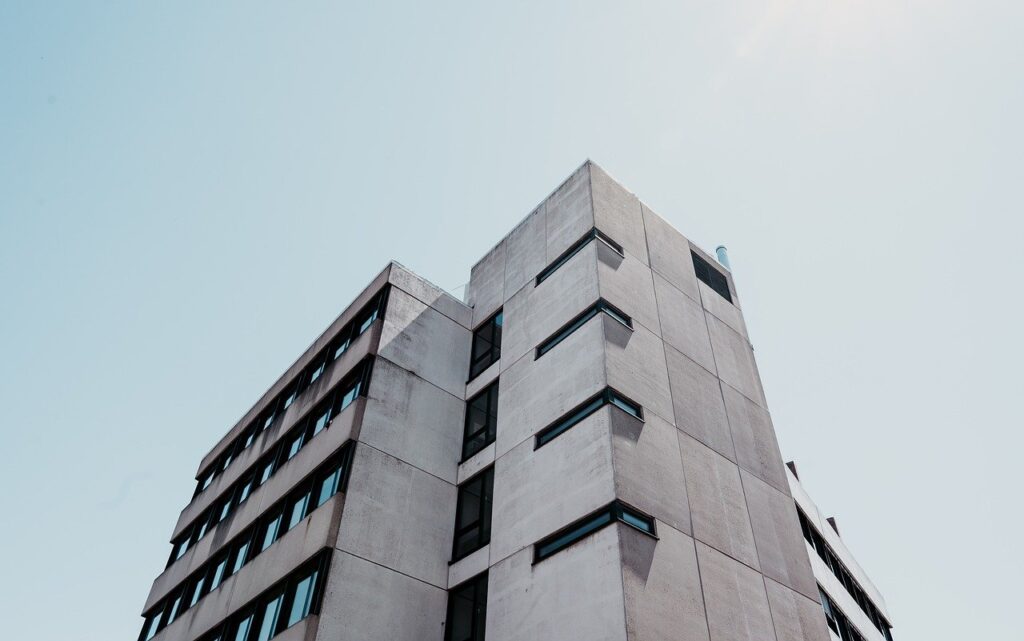Ramadan is a time when we assess the things that matter. While enjoying مسلسلات تركية is not what everybody will deem a mode of reflection, there are insights to be gleaned from investing a few hours in front of the small screen during the holy month. The most obvious is that the existing crop of dramas is ending up being significantly stagnant. With few exceptions, the complex morality tales that for a long period of time were a trademark of the Ramadan drama, are being replaced by inexpensive delights.
The season demonstrated that the flexibilities won in the Arab world – and especially Egypt, house to MENA’s most significant entertainment industry – in the immediate after-effects of the 2011 uprisings are now nothing but a remote memory. Governments have extended their control over the content of popular programs, as protection of the area’s daily truths has actually become taboo, together with the long-established trinity of sex, faith and political dissent.
Limitless examples of artworks reveal how Arab regimes tame art– particularly tv drama– and turn it into a tool for sending political messages, mass mobilization, or venting social repression. This trick began decades back and continues to this day. Simply put, embracing the political visions and ideas of the Arab regimes and prevailing them at the expense of drama’s aesthetic worths and explaining it as “dedication” is one aspect behind Arab drama’ regression. It is not the other way around. Nowadays such a technique is obsolete for an audience that takes pleasure in having contemporary communications and social media.
If you’ve never become aware of “kids of the moon,” then this beautiful and touching film will teach you whatever you need to know. While afflicted with a rare illness that causes extreme health problem upon exposure to sunshine, 3 Tunisian ladies discover to navigate life and live it to the maximum. In spite of their condition, the females defy all limitations and expectations while chasing their dreams.
If you’ve never ever heard of “kids of the moon,” then this stunning and touching film will teach you whatever you require to know. While afflicted with an unusual illness that triggers severe disease upon direct exposure to sunlight, three Tunisian females learn to browse life and live it to the fullest. In spite of their condition, the females defy all limitations and expectations while chasing their dreams.
History did not change between the two television series. What changed was the political relationship between the two programs. In both cases, the political stance forced drama to reflect the nature of those relations. By that, drama was a functional tool to express the general political mood of this or that program. This is how Arab regimes comprehend “commitment”! In the light of this understanding, the appeals directed to Arab drama makers ought to be equated correspondingly. They are no more than demands to produce drama that adopts the dominating political regimes’ visions, especially after the “Arab Spring” revolutions. Simply put, drama was become political orientation lectures played by stars to enter every home. Such a function was better than asking the ruling party’s band secretaries to provide boring speeches to their few advocates.
All of these comedies suffered one major issue – a lack of humour. Unlike 100 Faces, they had no sophistication, chemistry between performers, engaging storytelling, and, most vital of all, substance. The laughs were required, the composing lazy, and the characterisation as thin as a razor blade.
Subscribe to Updates
Get the latest creative news from FooBar about art, design and business.
3 Mins Read
8 Arabic TV Shows Secrets You Never Understand
Previous ArticleThe Reality About Gold Coast Clear In 2 Little Words
